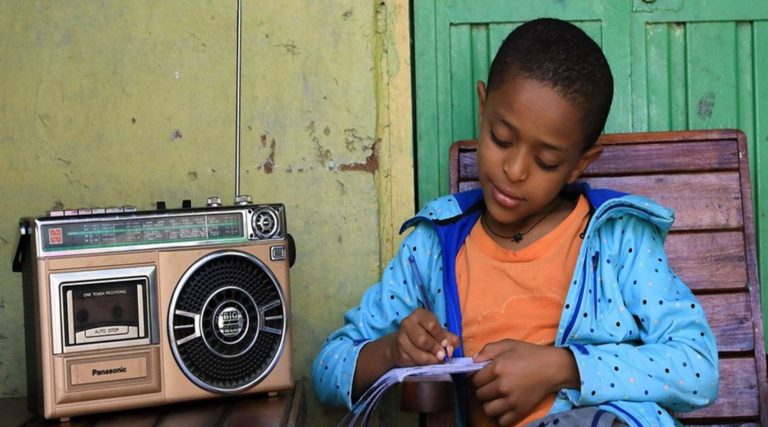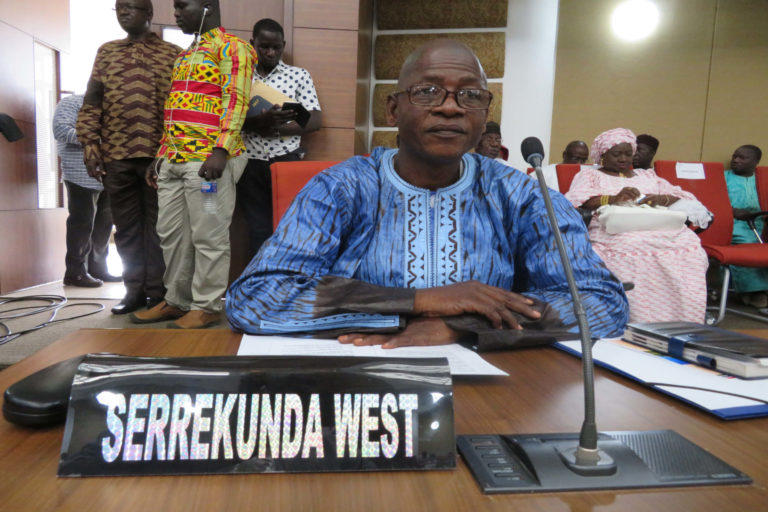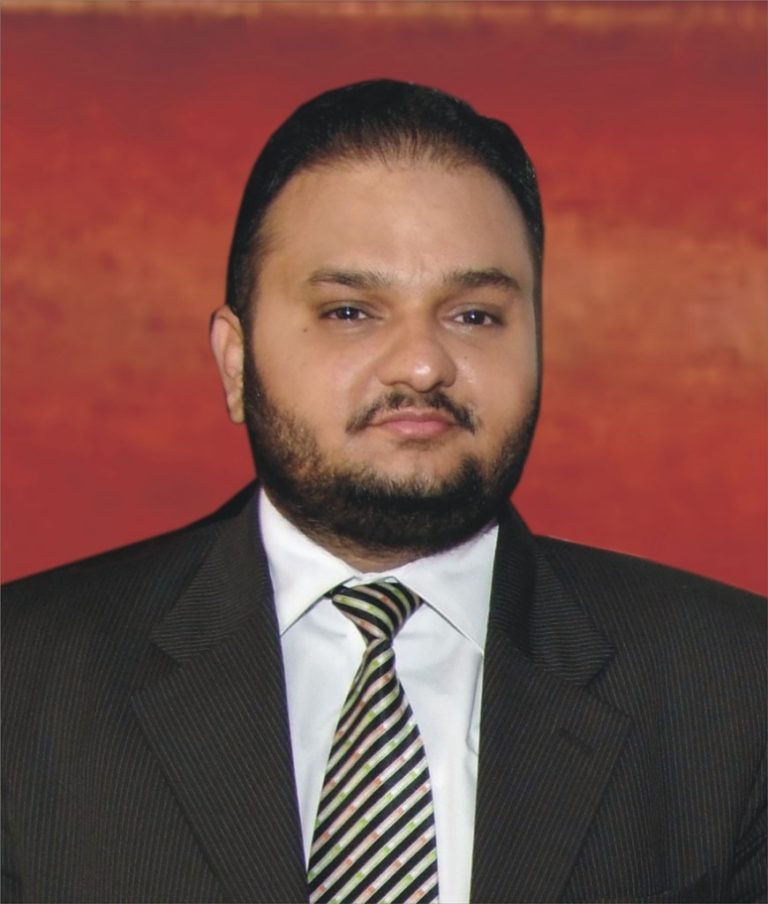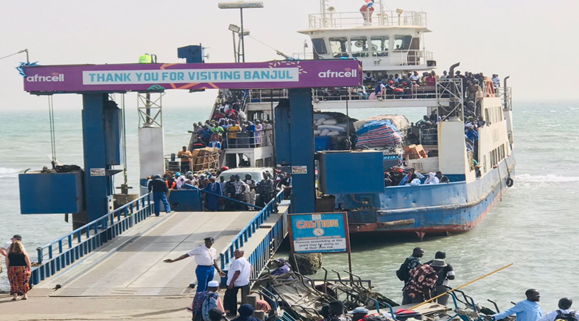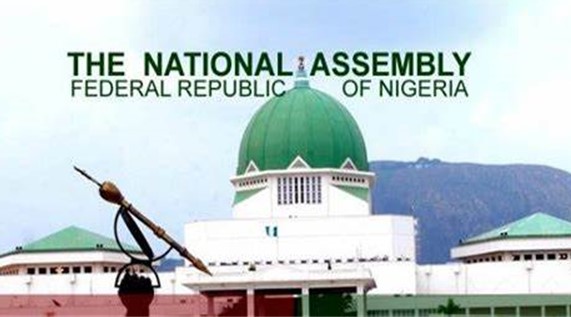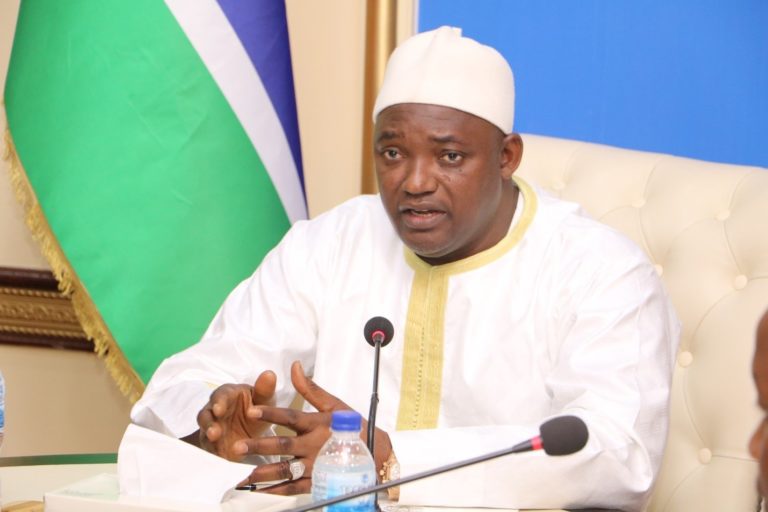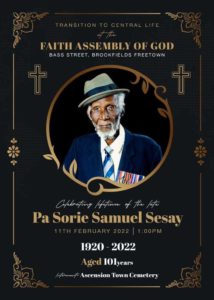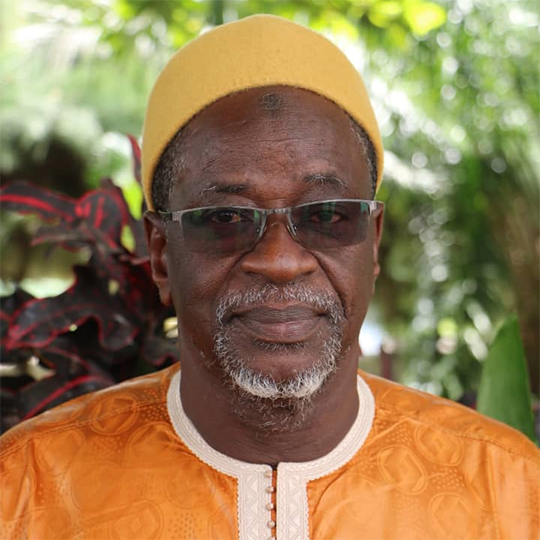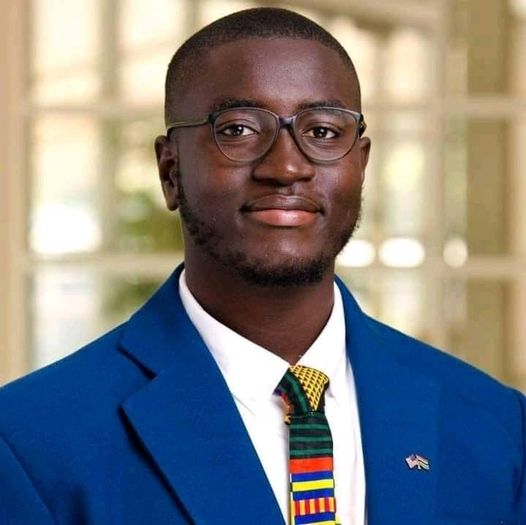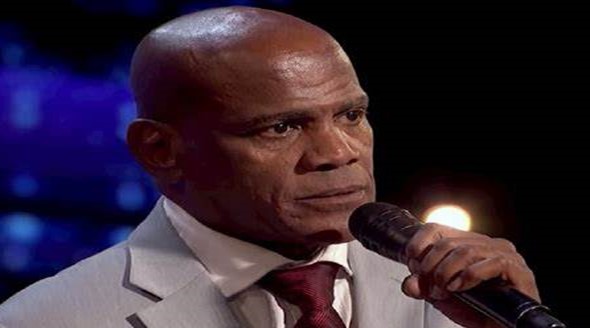By: Alieu Bah
To eulogize a certain breed of men is both hard and easy. Hard because they defy the categories imposed on the living and their exploits. Easy because their life is itself a testimony that’s easy to remember owing to the richness it holds to illumine the living. Abdulai Jobe (I lovingly called him Uncle Aib) was one such man. His life bears witness to this in more ways than one.
Some will sing his praise as a humanitarian, others as a wise elder in the community of the exiled and yet from others like me a glowing ode to a revolutionary and progressive African who stood fort right against the neocolonial state (he named the African state rightfully and it was one of the reasons I gravitated ever so deep towards him).
He aspired in his words when he eulogized his old comrade, Ousman Manjang “…the total transformation of the Gambia from a neocolony to a progressive, nation amongst nations. Where ignorance, injustice and poverty are eradicated.”
This was the dream from those heydays for him and his comrades in the 60s when he started a revolutionary struggle that will span the rest of his life.
The Kwame Nkrumah Memorial Foundation was founded by a group of them to further the cause of the African struggle and to usher in a continent that was united on the basis of the Nkrumahist ideological bent; that of a federated Africa under scientific socialism. The Foundation would give way to The Movement for Justice in Africa – Gambia (MOJA-G).
This was to be the organization that would have a watershed influence on the progressive political trajectory of neocolonial Gambia. He was one of the founders of this organization and in latter years when the organization was banned by the Jawara government, his house in London would be the hub for it through the publication of their newsletter “Balangbaa.” It was in the context of these movements and their intersecting histories with our times that we met.
A bit of context as to how I came upon Uncle Aib and MOGA-G:
I came of age in the Pan Africanist movement. In my teens I was already reading the now classic works of Nkrumah, Cabral and Fanon; these were heady, intellectual and passionate times. But one thing kept nagging me. This nag had to do with the question: have there been any sort of Pan Africanist and leftist activism in that regard —Nkrumah, Fanon, Cabral—in this country? And oh boy are there great legacies! From men who lived with Nkrumah to those who built movements that reverberated throughout the motherland.
I started digging and putting pieces together. It was fascinating to read and learn of people still alive by then who hatched liberation plots and held fierce grounds for our collective salvation. I read about MOJA-G and their controversial history in the annals of a nation beholden to backward reactionary politics.
This is an organization that always evoked the strongest feelings in all those who know of it. It was either bitter reminiscences about a wayward vanguard Marxist organization that set the country on fire at some point (this is not at all an accurate account of events) or its a romantic remembrance of a group of idealistic young folks who wanted to change things qualitatively for the masses of Gambian and African people (it was still more complex than this).
Fast forward I met Uncle Aib for the first time. He was elated as was I. He said he had heard of me and the movement we were then building. Said our struggle is righteous and that he admires it from afar and that it reminded him of the 70s and 80s when they were doing the same thing.
I became very close to him in the subsequent remaining years of his life. He will regale me with stories of struggle and meeting people like Walter Rodney during their school days at SOAS, London. At how he caught a glimpse of Amilcar Cabral and Nkrumah and other such fabled leaders of an awakened Africa. I was insistent that he writes his accounts and exploits for the generations to come. He did say he was working on it and through it to set the record straight on the now-defunct MOJ-G, the 1981 coup and other such things that would define the narrative around him and his comrades.
Whenever he should visit the country from London, he would spend the first few days going across the country visiting farmers and workers alike and doing a thorough material and objective analysis of the land and her people. He would come back with bleak and amazing results. I would wonder at this old man and the stamina he has in going down those dusty roads to meet, greet and gather all this relevant information.
He had connects and contacts from Kartong to Koina since back in the days he was an agricultural worker who would criss cross this land helping poor farmers and their communities. It was in this context that he would solidify his revolutionary convictions.
By rubbing shoulders with those he loved: the farmer, the odds job man and the hustler, he concluded that only a complete overhaul of this neocolonial state will fix this land. He believed this deeply. I believe it too.
But Uncle Aib wasn’t a runaway revolutionary who lived in nostalgia. He stood fast against Jammeh and he was a recognized face and voice in that struggle to end the 22-year-old terror we were held in. He was ever watchful for the tyrannical lifestyles of our leaders and that led him to again join in the struggle to cut down the excesses of Barrow’s government. He was a man at once vigilant and resilient in the face of so many odds. It’s amazing that when many have given up he charged ever on without burnout or fatigue. He was the true revolutionary model Rodney saw in CLR James. To be old but to never give up or turn sour by the tides of time.
He was a man from another time who have known other joys and pains. But he was also a man of our time. He was a man who was at home with us from the Occupy Westfield generation even as he was at home with the generation at the dawn of our nationhood.
He was an exiled man and exile is a painful condition of uprootedness and strangeness. But he would partly transcend that condition and turn his London home into a dwelling place for Gambians far and wide. He was at home in exile as he was back home in the Banjul he loved. Bless his heart.
His dreams of a nation that is developed and progressive still holds true. We honour him accordingly in so far as we turn this dream into a material reality that in the fullness of time elevates our people into human beings worthy of the name. That we dismantle this afterlife of the colonial project and create a newness rooted in the ancient reality of this land.
Rest well, Uncle Aib! Thank you for your long-suffering commitment to the bent back peasant and the toiling masses of Africa. May you dwell in the meadows of Heavens and to rest forever on and to watch over us. You’ve become an ancestor and a fitting one too! My beloved comrade from Kenya said in Kiswahili: Safiri salama uncle Aib.
Condolences to Uncle Koro Sallah, his comrade and brother, and the progressive forces of the African Nation that must be.

